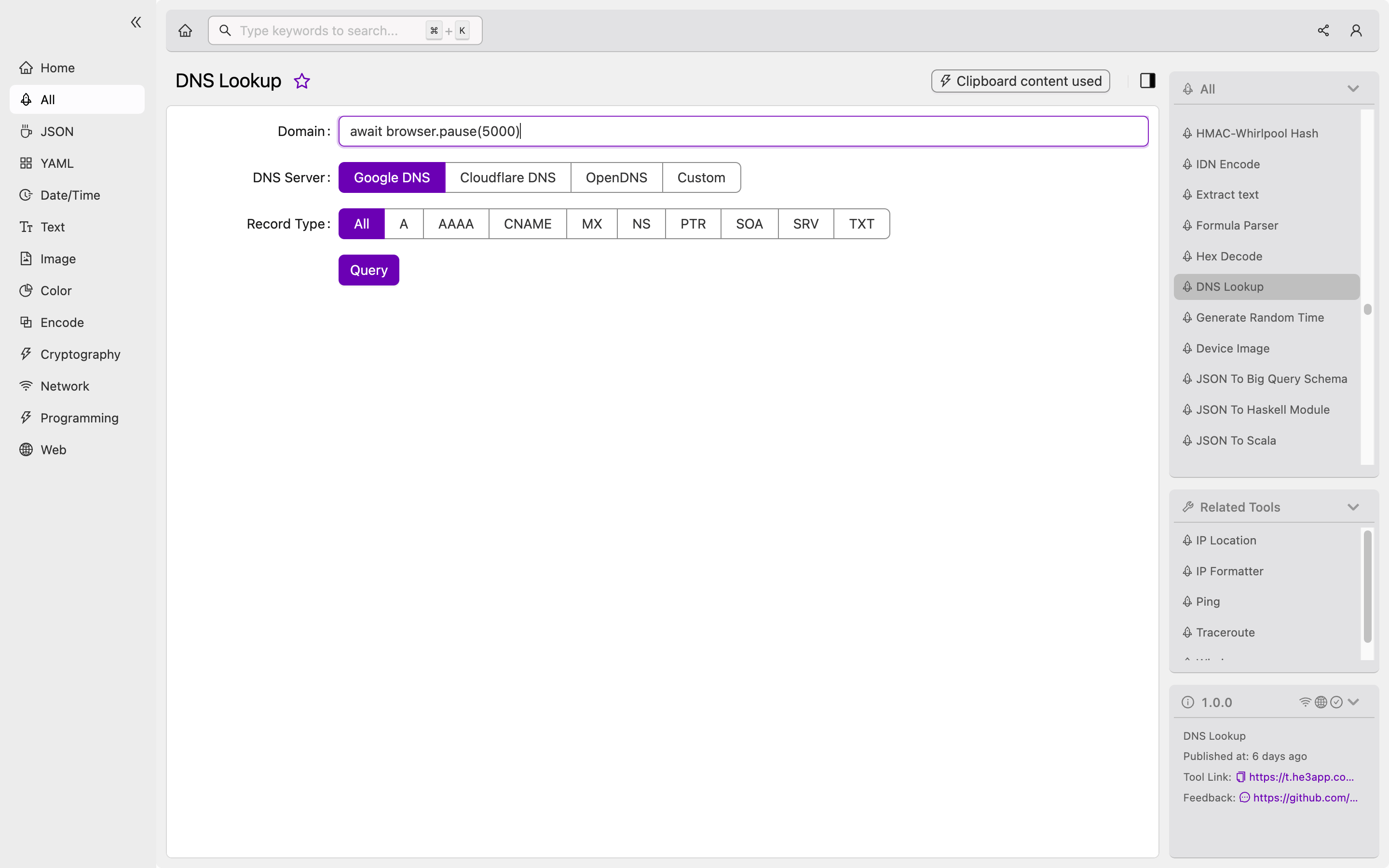DNS Lookup: Basics Every Developer Should Know
As a developer, you need to connect to servers, websites, and web applications securely. Domain Name System (DNS) lookup plays a vital role in establishing this connection. This process helps to translate domain names into IP addresses, allowing your browser to locate the server and website to which it connects. In this article, we will explain the concept of DNS lookup, how it works, scenarios, and misconceptions about it.
What is DNS Lookup?
DNS lookup is a process that translates domain names into Internet Protocol (IP) addresses. Every website has an IP address that serves as the website’s unique identifier on the internet. DNS lookup helps your browser to locate the IP addresses of the servers where websites and web applications are hosted.
How Does DNS Lookup Work?
When you type a domain name into your browser, DNS lookup starts. Your browser queries the DNS resolver, a server that has a database of IP addresses for domain names. The resolver then tries to find the IP address for the domain name that you entered. If the resolver has the IP address in its database, it returns the IP address to your browser, allowing your browser to establish a connection with the server. If it does not have this information, it looks for it in another DNS server. This process continues until the IP address is found or until the resolver exhausts all the possible DNS servers.
Scenarios for Developers
Here are some scenarios where DNS lookup is crucial for developers:
-
Website hosting - It is essential to have a domain name to host a website on a server. DNS lookup helps to find and connect the domain name with the server’s IP address.
-
SSL certificate installation-SSL certificate installation requires the domain name to be valid, as it verifies the domain’s ownership before encrypting the connection. DNS lookup helps to validate the domain ownership by verifying the IP address with the SSL certificate.
-
Email services - Emails, like websites, need domain names to function. DNS lookup helps in finding the server responsible for email service.
Misconceptions
Misconceptions about DNS Lookup include:
-
DNS lookup is only required for websites - DNS lookup is also required for email services, cloud storage, and online applications.
-
DNS always stores your data - The DNS resolver stores your data temporally to help in resolving domain names, but it does not store it permanently.
FAQs
- Why does DNS Lookup take so long?
DNS lookup may take some time due to the distance between the client and server, network traffic, and the number of DNS servers searched.
- Can DNS Lookup be harmful?
DNS lookup is a crucial process that does not pose any harm to your system. However, cybercriminals can exploit it by redirecting DNS requests to malicious servers to conduct phishing attacks.
DNS Lookup Tool
You can use the DNS Lookup tool in He3 Toolbox (https://t.he3app.com?1e8m) to quickly find the IP address of a domain name.

Conclusion
In conclusion, DNS lookup is a critical process that developers need to understand. It helps in making secure connections to servers, websites, and web applications. This article explained the concept, working principles, scenarios, misconceptions, and FAQs about DNS lookup. By understanding DNS lookup, developers can make their websites and applications more secure and reliable.
